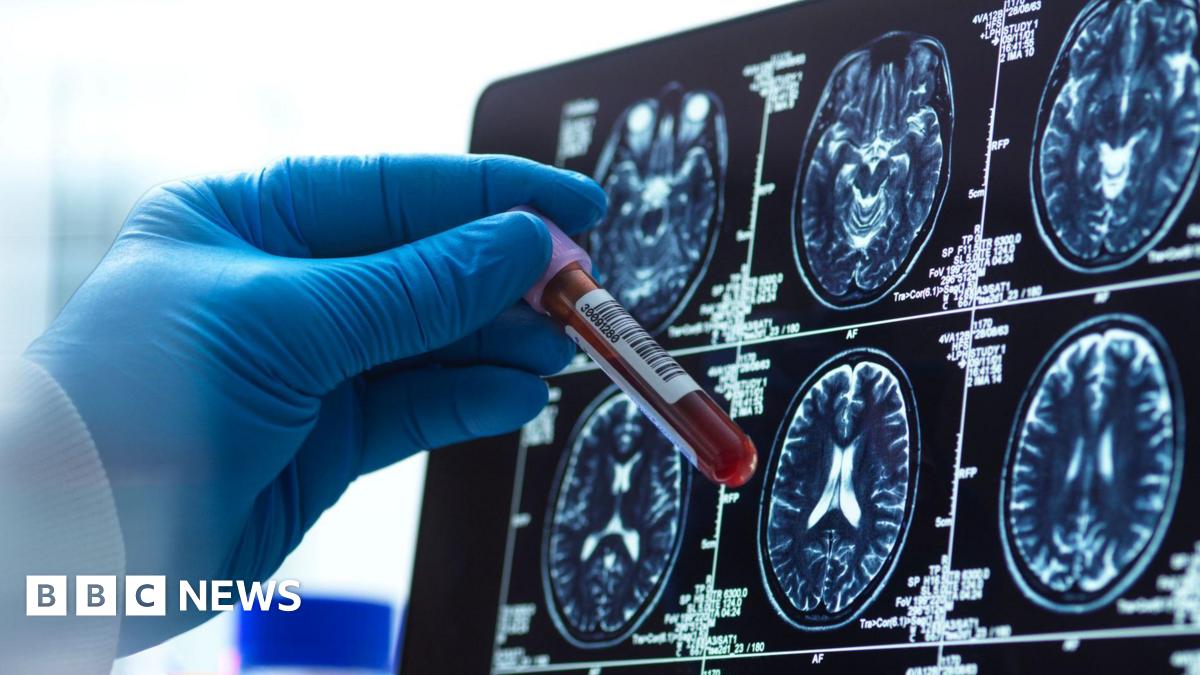Alzheimer’s disease is the most common form of dementia and is associated with the build-up in the brain of two rogue proteins – amyloid and tau – which can accumulate for up to 20 years before symptoms emerge.
The new blood test, which costs around £100, measures a biomarker called p-tau217, which reflects the presence of both proteins.
Previously, the only way to confirm Alzheimer’s was by specialist PET brain scans and lumbar punctures to extract cerebrospinal fluid.
However, these “gold standard” tests are not part of routine Alzheimer’s diagnosis and only 2% of patients ever receive them.
Professor Fiona Carragher, chief policy and research officer at the Alzheimer’s Society, said: “Our recent Lived Experience Survey revealed that only a third of people with dementia felt their experience of the diagnosis process was positive, while many reported being afraid of receiving a diagnosis.
“As a result, too often, dementia is diagnosed late, limiting access to support, treatment and opportunities to plan ahead.”
Now, the Alzheimer’s Disease Diagnosis and Plasma p-tau217 (ADAPT) trial has begun recruitment at a memory clinic in Essex, with 19 additional specialist NHS centres planned to be involved across the UK.
The study is being led by scientists at University College London, and is supported by Alzheimer’s Research UK, the Alzheimer’s Society, with funding from the People’s Postcode Lottery.

